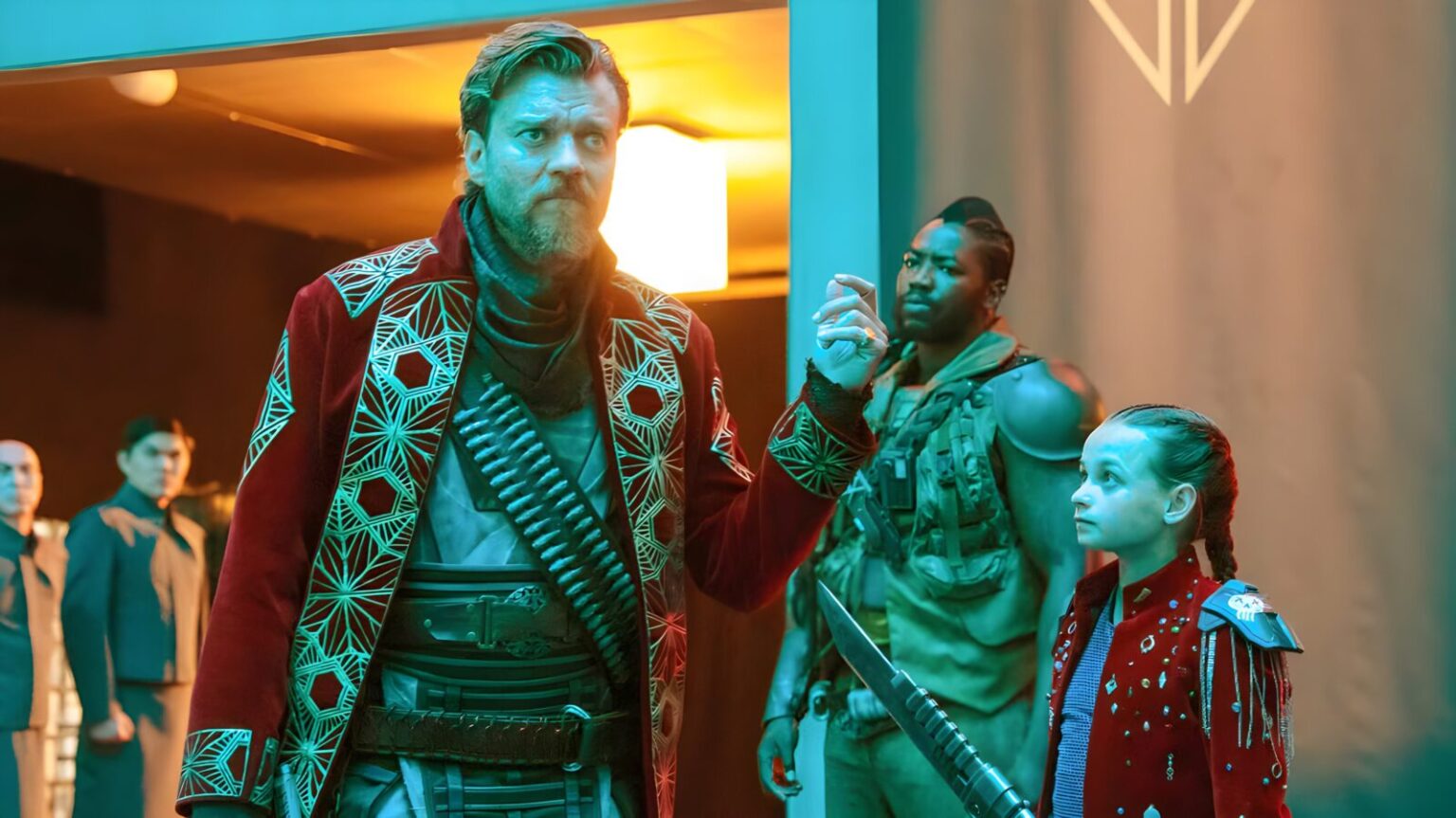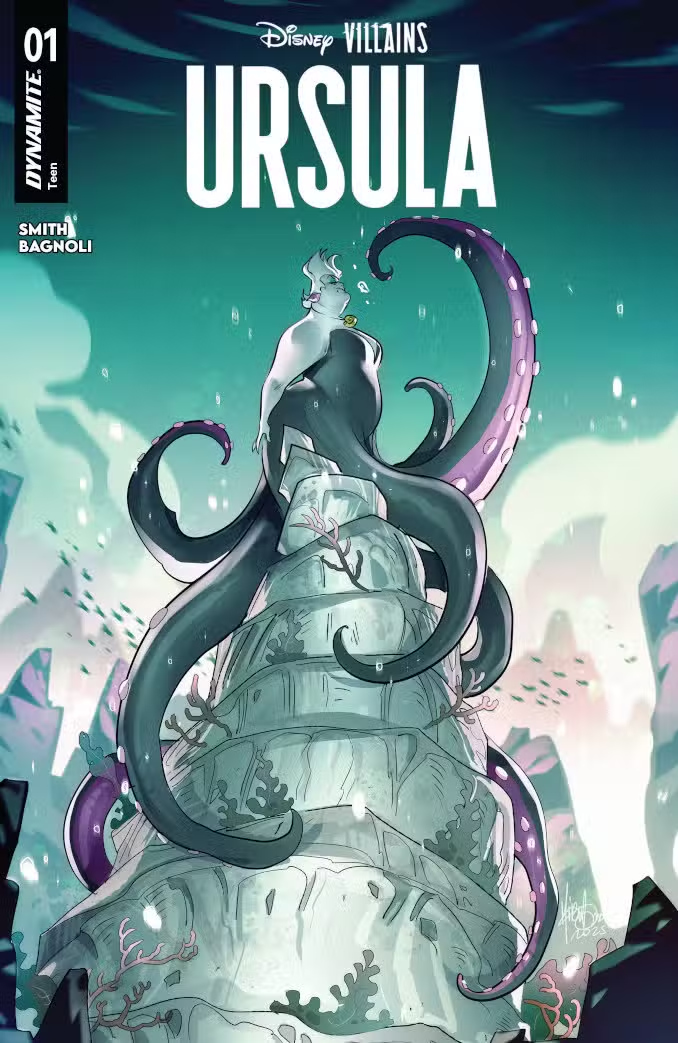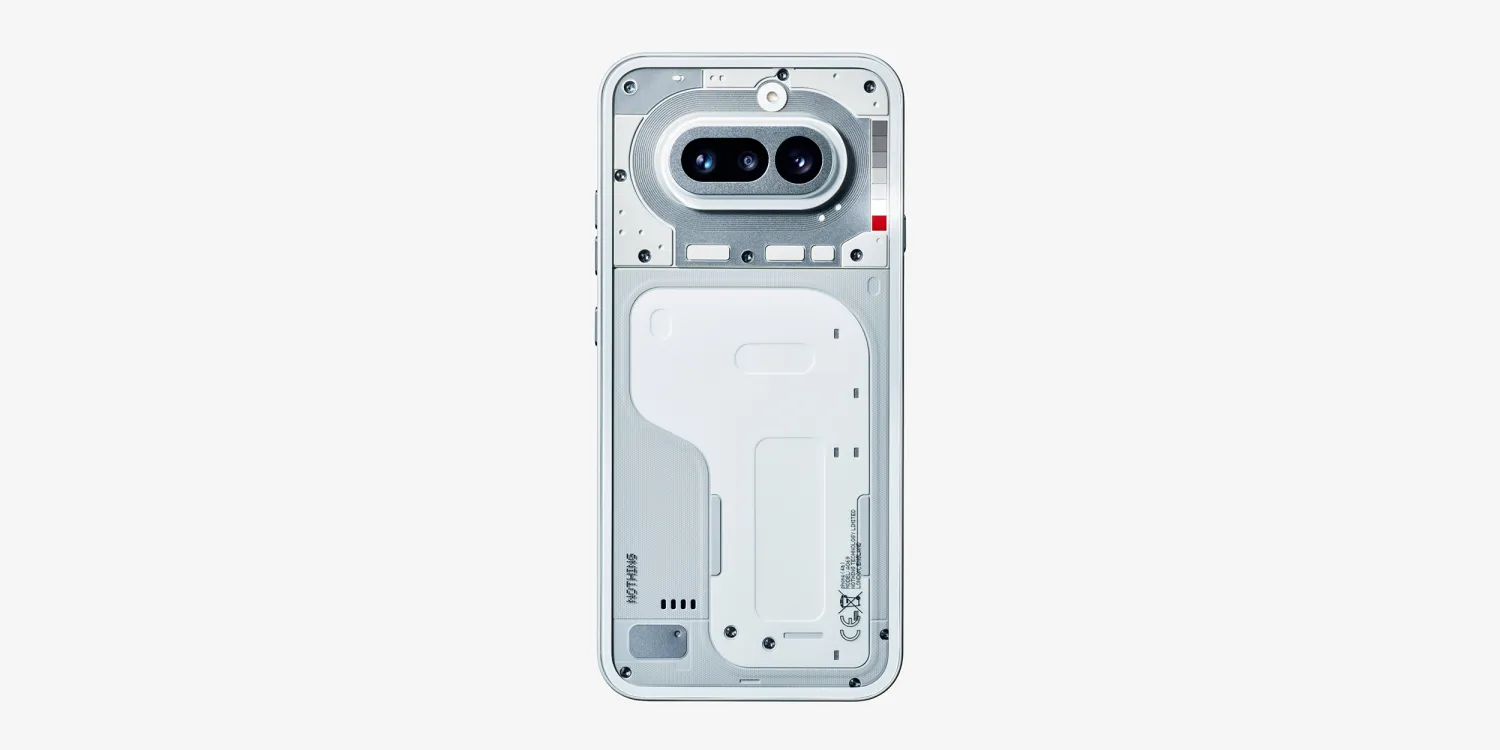TL;DR: The Mule’s backstory is revealed, and it’s every bit as heartbreaking and horrifying as fans hoped. Episode 7 blends trauma, tyranny, and terrifying intimacy into one of the show’s strongest chapters. Four stars.
Foundation Season 3
There’s a particular moment in every sprawling sci-fi saga where the gloves come off. Where the grand chessboard of galactic politics, prophecies, and space monks suddenly feels small compared to the bruised, messy core of human (or post-human) pain. For Foundation, that moment arrives in Season 3, Episode 7 — “Foundation’s End.” It’s a grimy, blood-soaked, heartbreaking hour that finally peels back the mask of the Mule. And yes, the reveal is just as devastating as longtime book readers whispered it might be, though Apple TV+ adds its own tweaks — because of course it does.
Watching it, I found myself torn between awe at the scale of storytelling and a gut-level sadness that stuck to me like dust after a bad storm. There’s spectacle, there’s betrayal, there’s a ferret death scene I wish I could scrub from my brain, but at its heart this is an episode about love weaponized. Not the warm, safe love that heals galaxies, but the warped, bruised craving for validation that can tear entire civilizations apart. And the Mule — Pilou Asbæk with that Cheshire grin of madness — embodies every ounce of that paradox.
Let’s break this down, not in the sterile rhythm of a recap, but in the messy, human way the episode deserves. Because this is one of those chapters in Foundation that doesn’t just move the plot forward; it rewires the emotional DNA of the entire show.
The Calm Before the Cataclysm
The opening is deceptively pastoral: fields, farming machinery humming along, a family trying to scrape by under the shadow of the Foundation’s bureaucratic boot. And then, the crack — the one-child policy, the quiet cruelty of “generosity” wrapped in policy. I’ve said it before, but the Apple TV+ version of Foundation thrives when it forces us to confront the brutality hidden inside systems. It’s one thing to say “the Foundation was kind of authoritarian”; it’s another to watch parents frantically silence their newborn with candy, knowing that a bureaucrat’s smile can doom their entire household.
And in those quiet beats of terror — hiding babies inside walls, bargaining with lies, knowing it won’t matter — we meet the soil out of which the Mule will eventually grow. This isn’t just villain origin story in the Marvel template of “bad dad, sad child, boom villain.” It’s something colder, sharper. A system so broken it forces a child to weaponize his need to be loved.
I thought about that scene long after the credits rolled. I thought about how many sci-fi universes — Star Wars, Dune, even The Expanse — pivot on parents failing their children, and how this one takes it further: what if the system itself pushes you to choose which child gets to exist? The Mule doesn’t just come from trauma. He comes from the bureaucratic logic of empire, and that makes him all the more chilling.
Blood, Betrayal, and the War Machine
Cut to the present, and New Terminus is burning. The Mule’s sneak attack has reduced the First Foundation’s great hope into ash. Civilians scatter, gunfire echoes, and we see once-proud leaders fold like wet paper. Mayor Indbur kneeling, Warden Greer enforcing betrayal with a bullet, and the Mule landing like a dark messiah in the middle of it all — it’s operatic and grotesque, the kind of staging that makes you wonder if this is war or theater.
Pilou Asbæk is terrifying here, not because he shouts, but because he smiles. His promise that everyone will “come to love me” isn’t a boast. It’s a command. And watching the sun break through the eclipse just as he grins skyward — it’s almost too on the nose, yet the kind of pulp-perfect moment that Foundation nails when it remembers it’s both philosophy lecture and space opera.
Meanwhile, Han Pritcher gnaws his own wrist open to escape a cell, reminding us that survival in this universe isn’t clean. Blood is ink, and the show keeps writing with it.
The Emperors, The Ferret, and the Endless Question of Identity
Over on Trantor, the Cleonic dynasty continues its centuries-long existential crisis. Brother Dusk and Ambassador Quent circle each other in a dance equal parts political and personal, and for a brief moment, the show lets us breathe with something resembling tenderness. Then Dusk stomps a ferret to death.
I’m still reeling from that scene. It’s not that I was particularly invested in Capillus the ferret — though his little hops and squeaks were admittedly adorable. It’s that Foundation continues to remind us that intimacy and cruelty are Siamese twins in this dynasty. One moment you’re sharing wine and kisses, the next you’re killing something small and helpless just because it dared to exist near you. It’s a metaphor, sure, but it’s also character shorthand: the Cleons destroy what they can’t control. Always have. Always will.
And then there’s Brother Day’s trip. The spores, the visions, the collapse into Demerzel’s arms — this was pure psychodrama theater, and I loved every second. Watching Day unravel, screaming that he was “made, not born,” I felt echoes of every Frankenstein story ever told. The Cleons are monsters not because they were cloned, but because their entire existence was designed to strip them of choice. Day’s breakdown feels less like a loss of sanity and more like a brief, painful glimpse of truth.
Demerzel’s wistful longing to create more robots? To weigh freedom against love? That was the knife twist. Because here’s the paradox: she does love them, in her way, even as she’s chained to their survival. It’s tragic. It’s horrifying. It’s beautifully human, which makes it all the worse.
The Mule’s Truth: Love as a Weapon
And then — finally — the mask comes off.
The Mule’s backstory isn’t just revealed; it’s forced down our throats in a way that makes it impossible to dismiss. His parents, choosing which child gets to live. His father’s hand forcing him under water. His desperate psychic plea not just to survive, but to be loved. And when the Mentalic power erupts, it doesn’t save him so much as curse him. His parents drown with smiles on their faces, convinced that dying for their son is joy.
“You love me,” the child thinks. “More than anything.”
I had to pause the episode there. Because that’s it, isn’t it? That’s the Mule in a single sentence: a child who discovered that the only way to guarantee love was to take away choice. No wonder he’s obsessed with bending galaxies to his will. No wonder he grins when people kneel. His power isn’t just about domination. It’s about never having to feel that gnawing doubt again — never wondering if he’s enough, if he’s wanted, if anyone would stay without compulsion.
It’s horrifying because it’s so relatable. Who hasn’t wanted, in their darkest moment, to just make someone love them? To erase the fear of rejection, abandonment, betrayal? The Mule just has the power to enforce it. And that makes him one of the most terrifying villains in science fiction.
Final Thoughts
Episode 7 isn’t just another entry in Foundation’s labyrinthine saga. It’s the kind of story that forces you to look inward while also making you fear outward. It’s a meditation on power, love, trauma, and choice, wrapped in a package that still finds time to stomp ferrets and stage space coups.
It’s not perfect. Some threads (the Mallows, for instance) felt like placeholders, waiting for their moment in the sun. But taken as a whole, this is one of the strongest hours the series has ever produced. And it leaves us dangling on a precipice: Hari Seldon’s smug hologram versus the Mule’s maniacal grin, prophecy versus pain.
If the rest of Season 3 sticks the landing, we might be looking at Foundation’s best stretch yet.






